
Recommendation
Capitalism created a design for life: People are born, they drudge for years to earn enough money to retire comfortably, and then they die. Since the dawn of the industrial era, this paradigm was an accepted norm. But the COVID-19 pandemic led many workers to re-evaluate what is important to them. Journalist Sirin Kale explores the emergence of so-called time millionaires – those who measure wealth in minutes, not dollars. They encourage people to recognize money as a false god and instead to worship at the altar of time.
Summary
About the Author
Journalist Sirin Kale is a features writer for The Guardian.
Learners who read this summary also read
Book
Book
Book
Book
Podcast








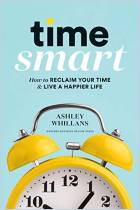
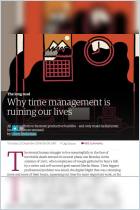
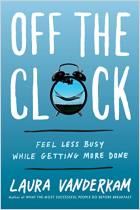
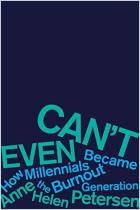
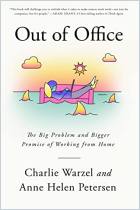






Comment on this summary or Start Discussion